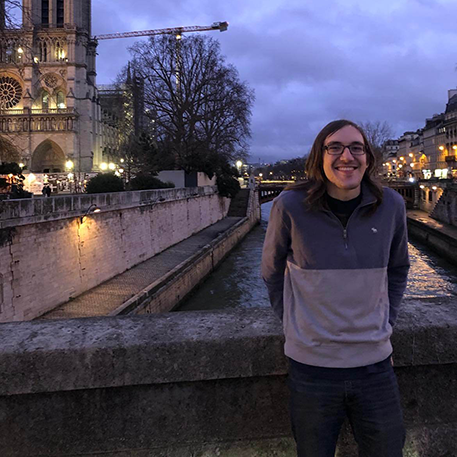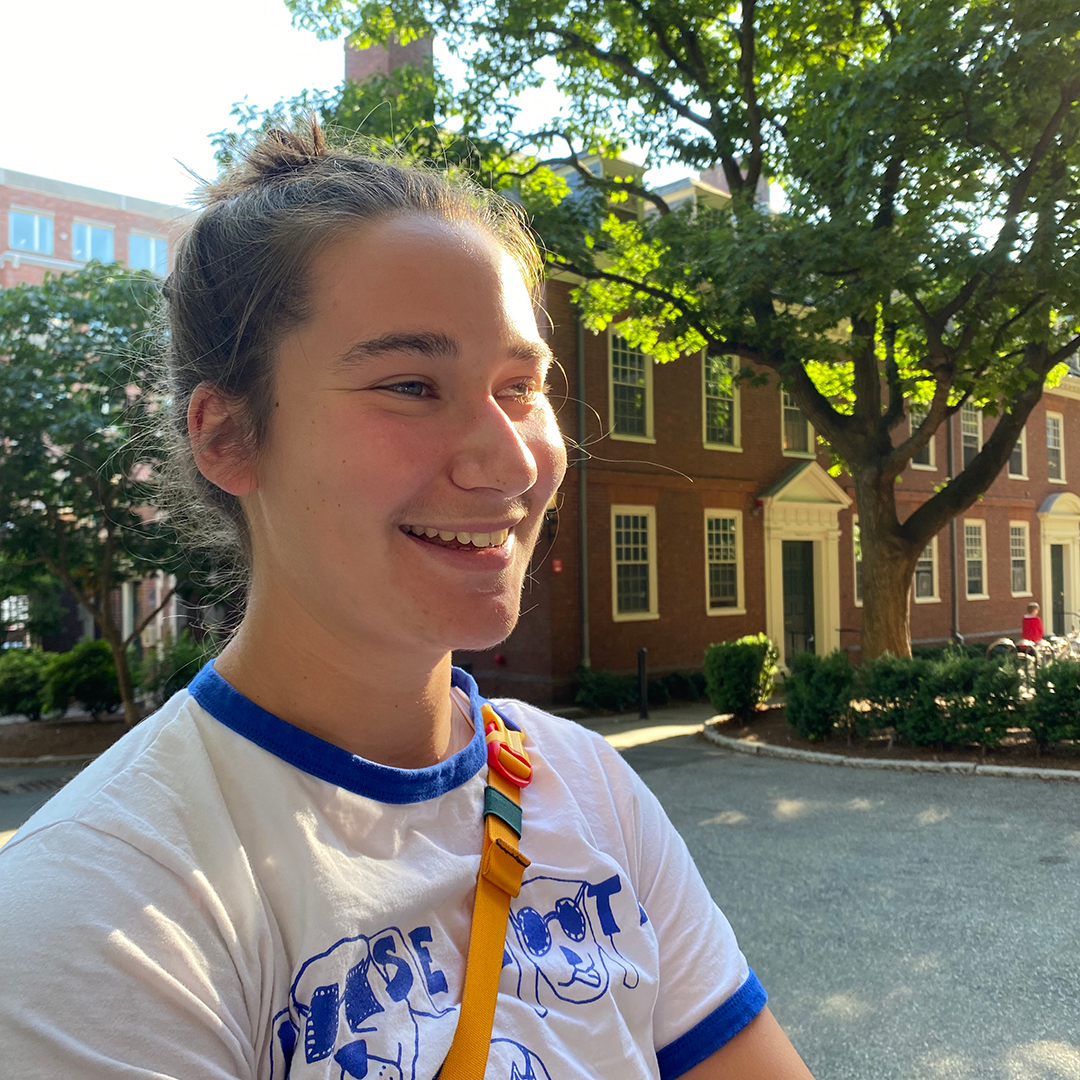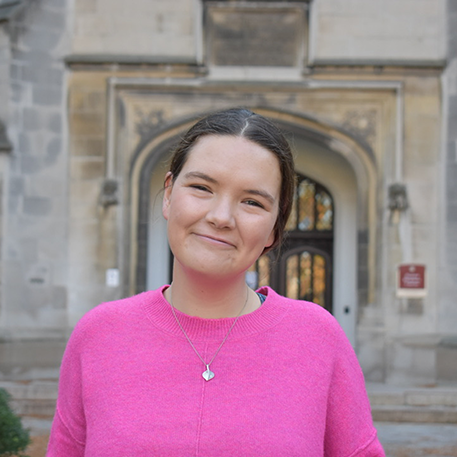2022-23 Undergraduate Thesis Prize Winners
1st Place: Remembering Uravan: The Nuclear Energy Regime and Political Subjectivity on the Colorado Plateau ca. 1940-1960s-Chloe Brettmann
This thesis is a social and political history of the American nuclear energy regime through the lens of Uravan, Colorado. Today, a radioactive superfund site, Uravan was once a Union Carbide company town built to extract and process uranium on the Colorado Plateau. Reading company archives and local newspapers alongside first-person recollections of life in Uravan, this project charts how political subjectivities are shaped by uranium extraction. Paying particular attention to reproductive labor, community protests against the state and company, and lay discourse about atomic technology, this paper argues that, despite municipal disenfranchisement and rural isolation, there existed subterranean channels for rich political discourse within the town. Ultimately, I detect the emergence of a local politics of community care and cooperation, alongside what I call “atomic nationalism” — a politics marked by a seemingly enthusiastic though ultimately ambivalent fascination with the atomic bomb. Both are crucial to understanding the far-right, anti-state ideology the region is marked by today.
2nd Place: Turning to Account: English Views of Ireland From Medieval Chronicle to Policy Critique-Michael Donnelly
This paper attempts to show that the work of William Petty in Ireland which began in the middle of the seventeenth century represented a turning point in the English view of Ireland and in the view of the role of the state. The repressive tone of earlier sources partially gave way to an instrumentalizing one with a focus on economic development, which at the same time paved the way for the development of political economy and the application of quantitative analysis to state policy. Ultimately, the longue durée historical analysis of this period demonstrates the colonial origin of the field of political economy, which ultimately developed into modern political science and economics.
3rd Place: Militancy Breeds Membership: The Strategies of Public-Sector Unions Since Janus v. AFSCME-Claire Schmitt
This paper seeks to explain how public-sector unions have largely maintained their membership over the last five years despite legitimate fear that the Supreme Court’s 2018 decision in Janus v. AFSCME would be a “death blow” to their power and membership. The decision prohibited agency fee clauses in union contracts for government workers, and was part of a calculated attack on workers and unions, particularly the disproportionate share of women and workers of color who make up the public-sector workforce. I analyzed work stoppage data and census data, then conducted three interviews to identify whether public-sector unions have increased their organizing efforts since Janus, and, if so, to what extent they have been successful. Finally, I suggest to workers and their unions that adapting an organizing model, which seeks to sign up new members and empower the rank-and-file, is the key to being successful in the “open shop era.”

Michael Donnelly, BA History

Claire Schmitt, BA Public Policy
